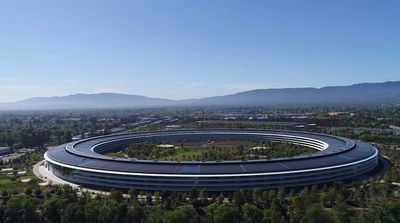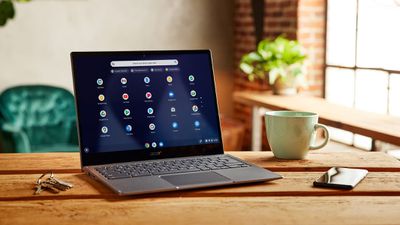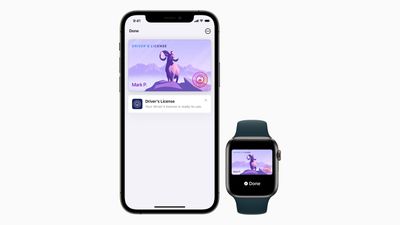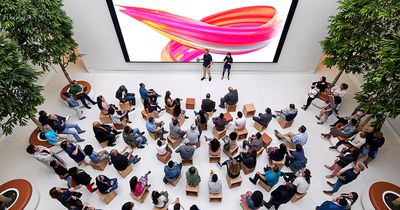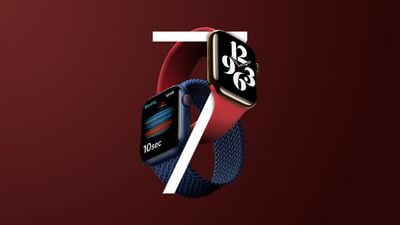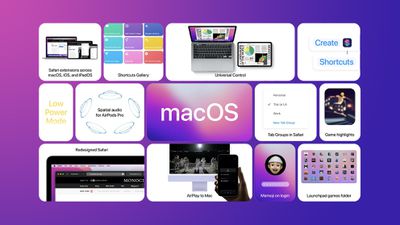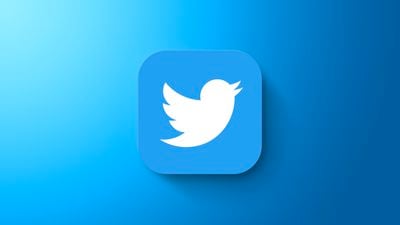Apple today released a new update for Safari Technology Preview, the experimental browser Apple first introduced in March 2016. Apple designed the Safari Technology Preview to test features that may be introduced into future release versions of Safari.

Safari Technology Preview release 131 includes bug fixes and performance improvements for Web Inspector, CSS, Web API, JavaScript, Platform Features, Media, Web Audio, WebRTC, Payment Request, WebCrypto, Accessibility, and Rendering. Apple warns that Tab Groups do not sync in this release.
The current Safari Technology Preview release is built on the Safari 15 update included in macOS Monterey, and as such, it includes several Safari 15 features. There's a new streamlined tab bar with support for Tab Groups to organize tabs, along with improved support for Safari Web Extensions.
Live Text allows users to select and interact with text in images on the web, but the macOS Monterey beta and an M1 Mac is required. There's also Quick Notes support for adding links and Safari highlights to remember important information and ideas.
Other updates include WebGL 2 and new HTML, CSS, and JavaScript features.
The new Safari Technology Preview update is available for both macOS Big Sur and macOS Monterey, the newest version of the Mac operating system that's set to release this fall.
The Safari Technology Preview update is available through the Software Update mechanism in System Preferences to anyone who has downloaded the browser. Full release notes for the update are available on the Safari Technology Preview website.
Apple's aim with Safari Technology Preview is to gather feedback from developers and users on its browser development process. Safari Technology Preview can run side-by-side with the existing Safari browser and while designed for developers, it does not require a developer account to download.


